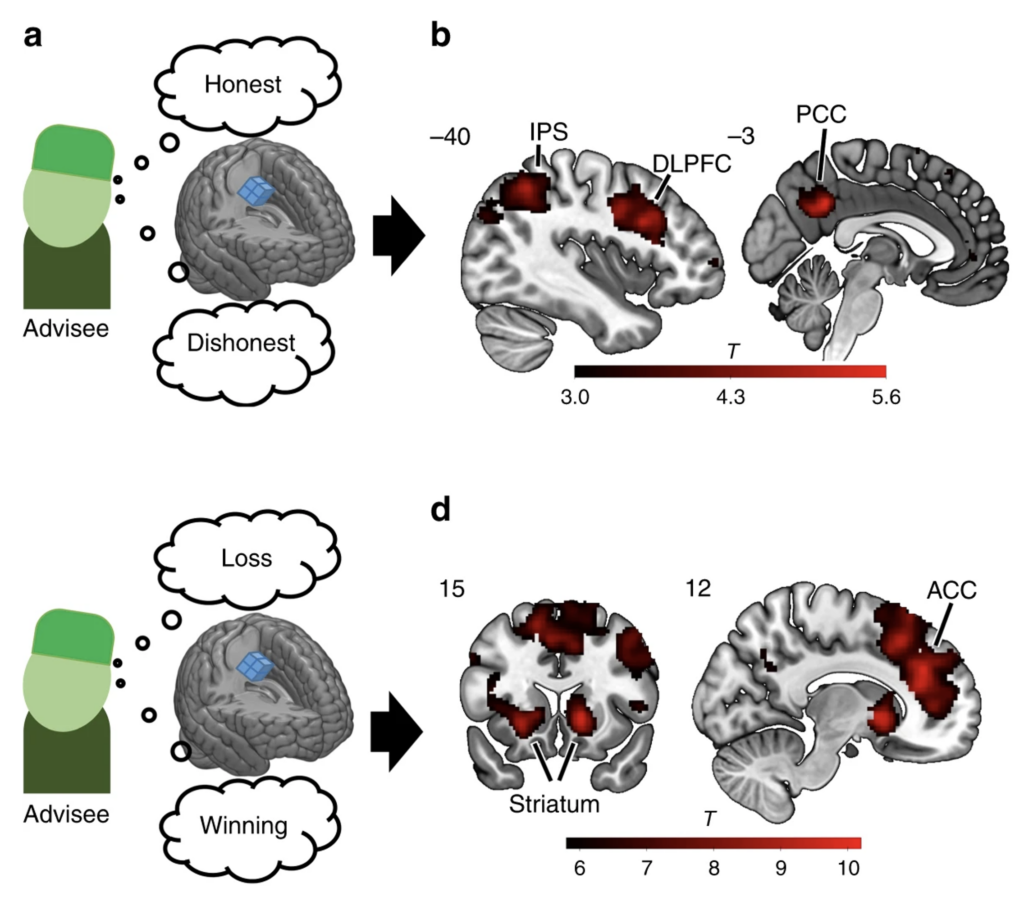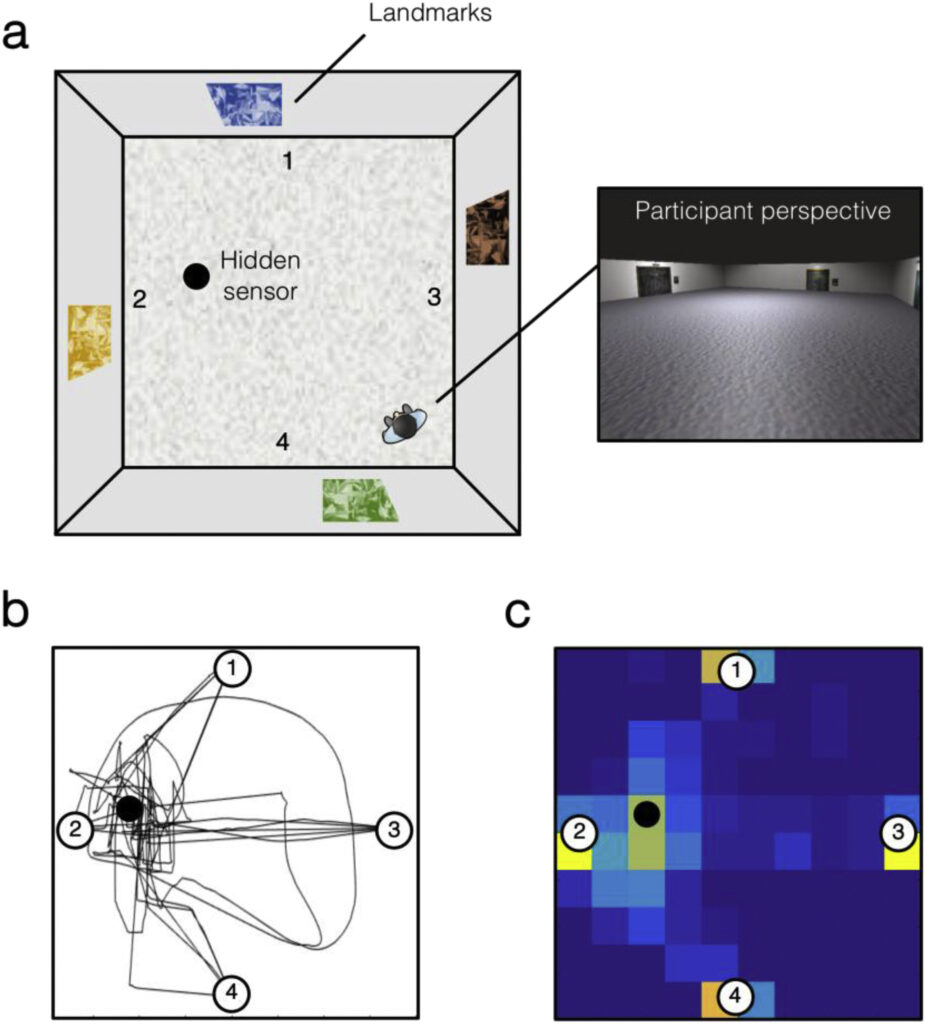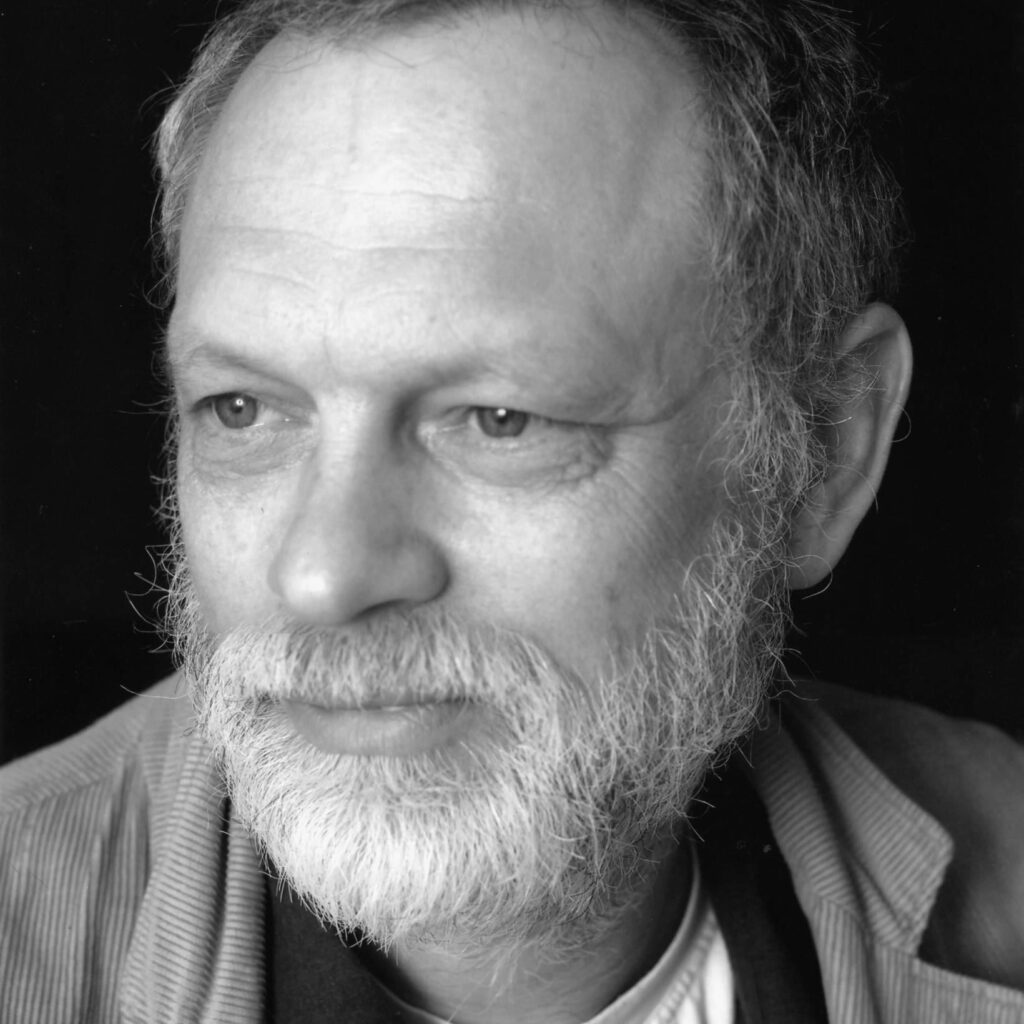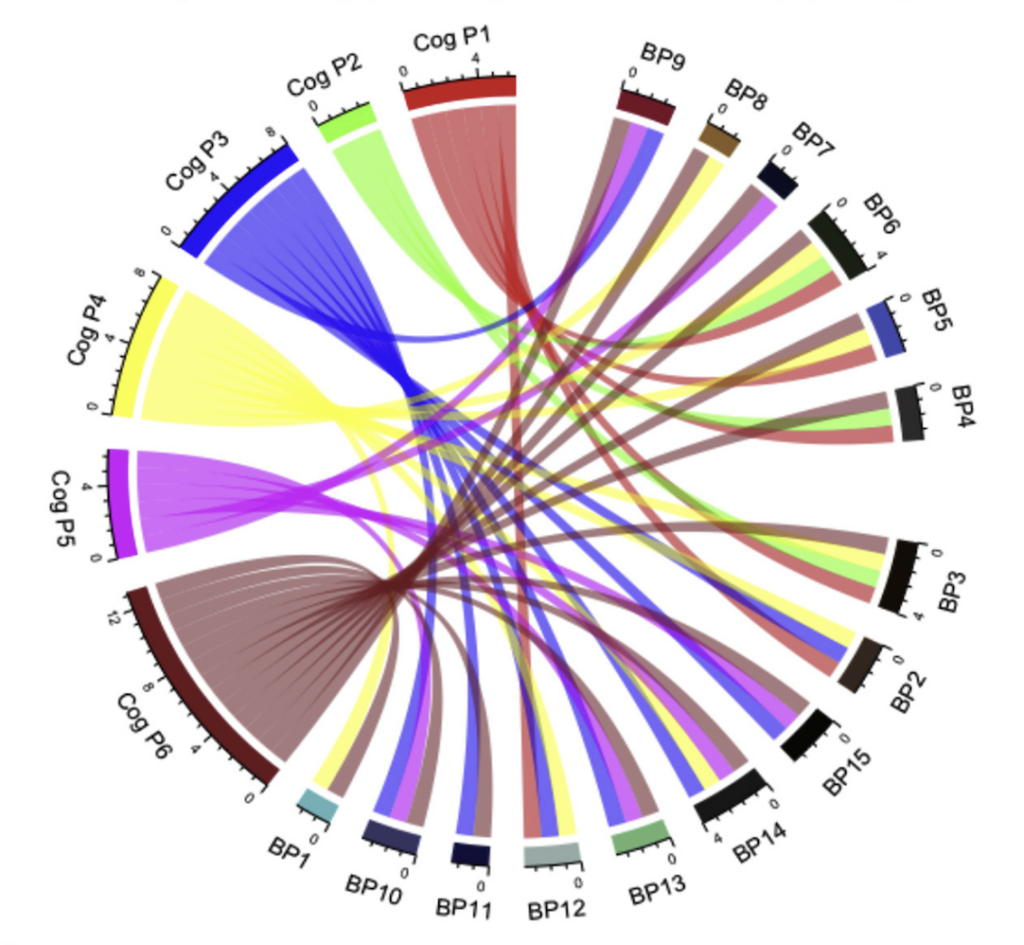Our research
Since it was established in 2002, research at CUBIC has made important contributions to several key areas in neuroscience, including the fundamentals of perception, learning, developmental cognitive neuroscience and ageing, and mental health. Moving forward, we have identified four interrelated themes that capture existing strengths in CUBIC, and reflect our ambitions to tackle global scientific challenges in cognitive, clinical, and computational neuroscience.
Decision making and learning
Humans exist within highly complex and dynamic environments, and thus require well-tuned neural and cognitive machinery to process, select and act upon different courses of action. CUBIC scientists have been at the forefront of work examining this machinery, through combining behavioural methods, computational modelling, and neuroimaging.

Lead investigators









The ecological brain
One of the fundamental aims of human cognitive neuroscience is to understand and explain how the brain functions within an ecological context. At CUBIC, we combine MRI techniques with more naturalistic approaches (e.g., VR, AR, geo-tracking, spoken word) to understand how the brain supports perception, action, language, and memory within the real world.

Lead investigators






Mental health
Mental illnesses affect millions of people globally a year, causing significant disruption to everyday life and placing considerable burden on healthcare systems. CUBIC scientists use MRI alongside other approaches to better understand the precise neurocognitive and biological mechanisms underlying mental health and wellbeing, including risk factors for anxiety and/or depression, psychosis, and psychopathy.

Lead investigators





Neural changes over the lifespan
The human brain changes considerably over the first 20 years of life, and continues to change across adulthood, with significant structural, functional, and metabolic changes seen in later life. CUBIC scientists use cutting edge neuroscience approaches and genetuic methods to better understand brain changes in early development, as as well as brain alteration in those at risk of poor later life cognitive health.

Lead investigators






